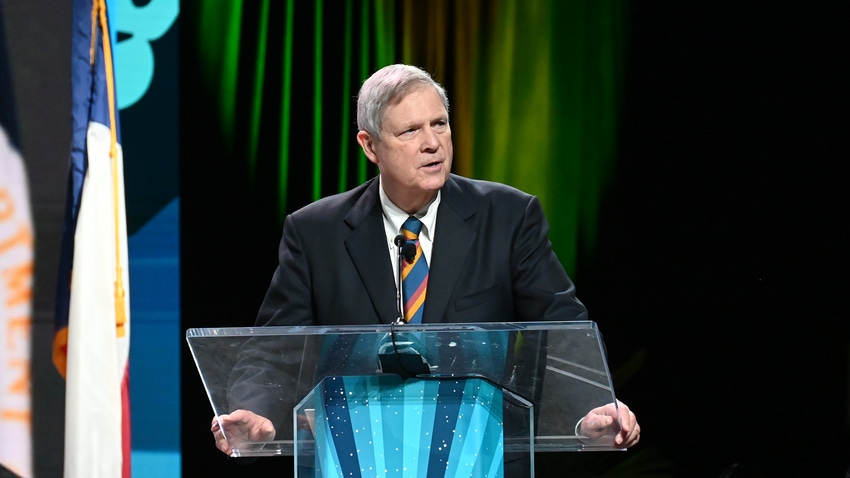
Crop producers at the Commodity Classic convention in Houston had hoped Agriculture Secretary Tom Vilsack’s Friday keynote address would include news of new tax incentives for sustainable aviation fuel production. Instead, Biden administration officials announced earlier they were delaying changes to the so-called GREET model.
The Department of Energy developed the model to better evaluate the environmental impact of fuels throughout their lifespans. It uses multiple factors to determine how “sustainable” a fuel is. The score produced by the model determines which products qualify for tax credits.
A federal interagency group with members of the Environmental Protection Agency and the Departments of Agriculture, Energy and Transportation had previously committed to a March 1 deadline to revise GREET. Vilsack invoked a common cliché to explain the delay.
“The reason we’re not (announcing) today is because we’re measuring twice and cutting once,” Vilsack said. “We want to make sure that the latest and best information is utilized in the modeling that will inform the Treasury.”
Biofuel advocates have long argued that current federal guidelines put them at a disadvantage compared to electric vehicles. When other factors are taken into consideration, they believe plant-based fuels are more environmentally friendly than current modeling reflects.
At issue are potential tax credits that many hope will spur innovation within the sustainable aviation fuel market. According to Vilsack, part of the reason for the delay was to ensure that the GREET model was adopted, something he is now confident will happen.
The other thing he hopes to ensure is that the feedstock used to produce biofuels qualifies for the tax credits, particularly the feedstocks that are generated from climate-smart practices. Vilsack says he expects the announcement delay to only be a matter of weeks.
“We have to make sure that the guidance is correct, that it acknowledges the work that’s being done in reducing greenhouse gas emissions relative to the transportation fuels and the good work that’s being done out in the field to embrace climate-smart practices,” he says.
Read more about:
Renewable FuelsAbout the Author(s)
You May Also Like






